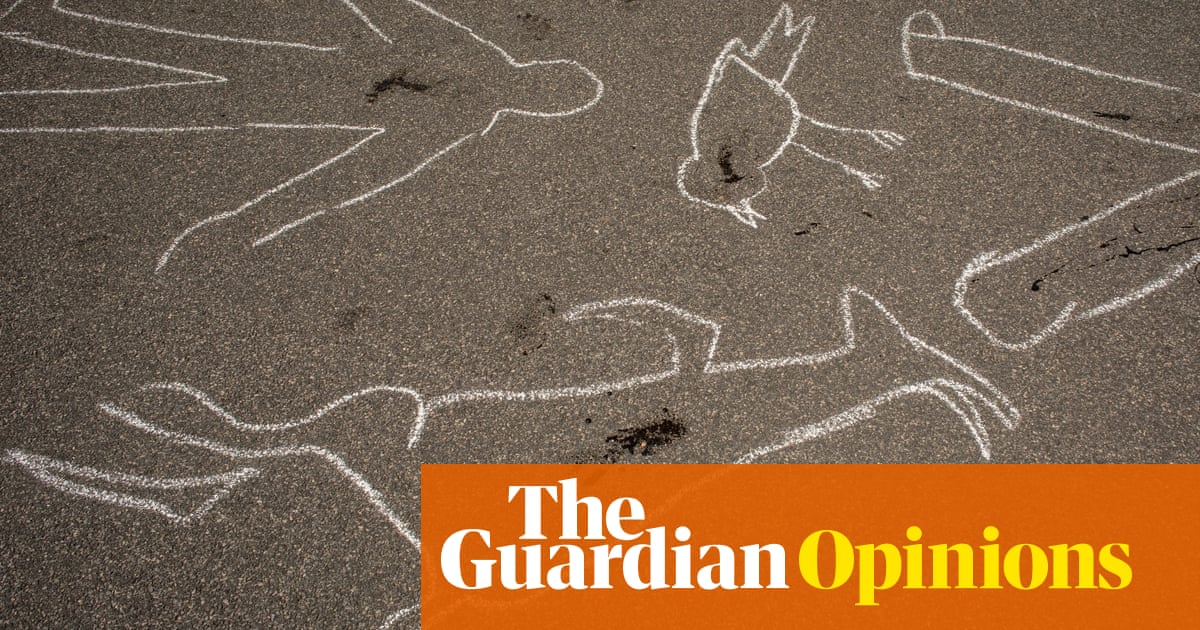The other day I was discussing on TheHill Biden's call to OPEC to pump up more oil, so gas prices can be held in check.
I wrote:
"The Wallet is key to changing consumer behavior. Energy is way too cheap. No energy without emissions.
Gasoline in the US is 60-70% cheaper than it is in the EU. How's that gonna incentivize people to buy EVs?"
Someone responded:
"A gas guzzling suv can be had for $5,000 used. Cheap EVs are in the 30,000 plus range . Most Americans can not afford them."
Touché I thought; there’s a double challenge: 1. how to make EVs more affordable, and 2. how to phase out polluting gas-guzzlers?
If the ‘new ride’ is appealing enough, then 1. may well solve 2.
$5K? Missed a zero there. Just more exaggerated example to distract.. So the caller agree that doubles gas prices is the way to go? LOL







